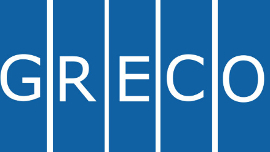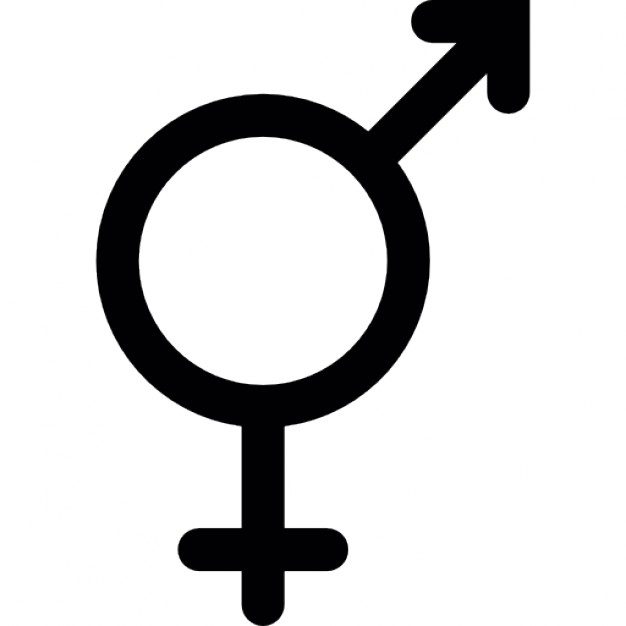About GRECO mutual evaluations
GRECO evaluation procedures involve the collection of information through questionnaire(s), on-site country visits enabling evaluation teams to solicit further information during high-level discussions with domestic key players, and drafting of evaluation reports. These reports, which are examined and adopted by GRECO, contain recommendations to the evaluated countries in order to improve their level of compliance with the provisions under consideration. Measures taken to implement recommendations are subsequently assessed by GRECO under a separate compliance procedure.
So far GRECO has launched five evaluation rounds dealing with specific provisions of the Twenty Guiding Principles (and associated provisions of the Criminal Law Convention). They include:
- independence, specialisation and means available to national bodies engaged in the prevention and fight against corruption
- extent and scope of immunities
- identification, seizure and confiscation of corruption proceeds
- public administration and corruption (auditing systems; conflicts of interest)
- efficiency and transparency with regard to corruption
- prevention of legal persons being used as shields for corruption
- tax and financial legislation to counter corruption
- links between corruption, organised crime and money laundering
- the incriminations provided for in the Criminal Law Convention on Corruption, its Additional Protocol and Guiding Principle 2
- the transparency of party funding as understood by reference to the Committee of Ministers’ Recommendation on Common Rules against Corruption in the Funding of Political Parties and Electoral Campaigns (Rec(2003)4).
Concerning corruption prevention in respect of members of Parliament, judges and prosecutors:
- ethical principles and rules of conduct
- conflicts of interest
- prohibition or restriction of certain activities
- declaration of assets, income, liabilities and interests
- enforcement of the rules regarding conflicts of interest
- awareness.
GRECO’s Fifth Evaluation Round was officially launched on 20 March 2017. It deals with corruption prevention and the promotion of integrity in central governments (top executive functions) and law enforcement agencies.
Evaluation procedures: See Title II of the Rules of procedure
Link to the reports:
Web resources
National Anti-Corruption Authorities
European and International organisations
Non-governmental organisations
Research Institutes and Centres
Anti-corruption platform (PACE)
Elections: the Council of Europe’s role
Action against economic crime (Council of Europe)
Events (Council of Europe)






